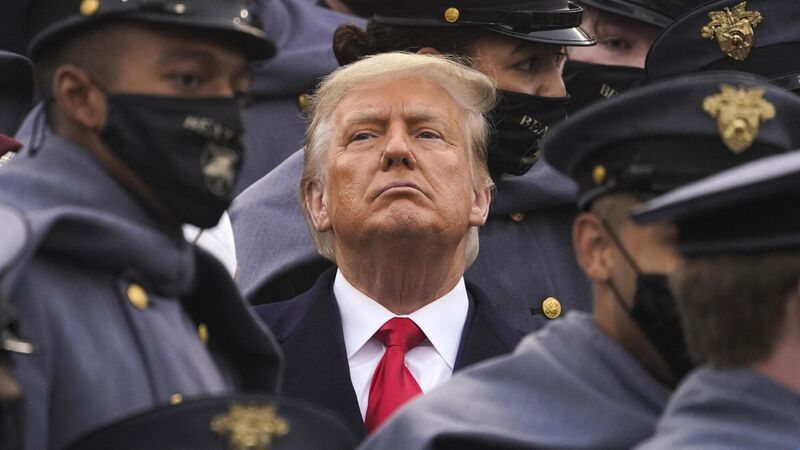Jim Power: It's not all about the vaccines - reasons to be cheerful about the economy in 2021

President Donald Trump: His successor President Joe Biden is likely to get the US to reengage with the climate change agenda, which is absolutely essential for the survival of the species. File picture: Andrew Harnik
The inherent risks involved in economic forecasting were more than adequately demonstrated once again in 2020. At the beginning of the year, I was certainly somewhat upbeat about prospects for the global economy.
My relative optimism was predicated on a belief that a hard Brexit would be avoided at the end of January, and that ahead of the US presidential election in November, president Donald Trump would seek to engineer an outbreak of peace between the US and China on the trade front.












